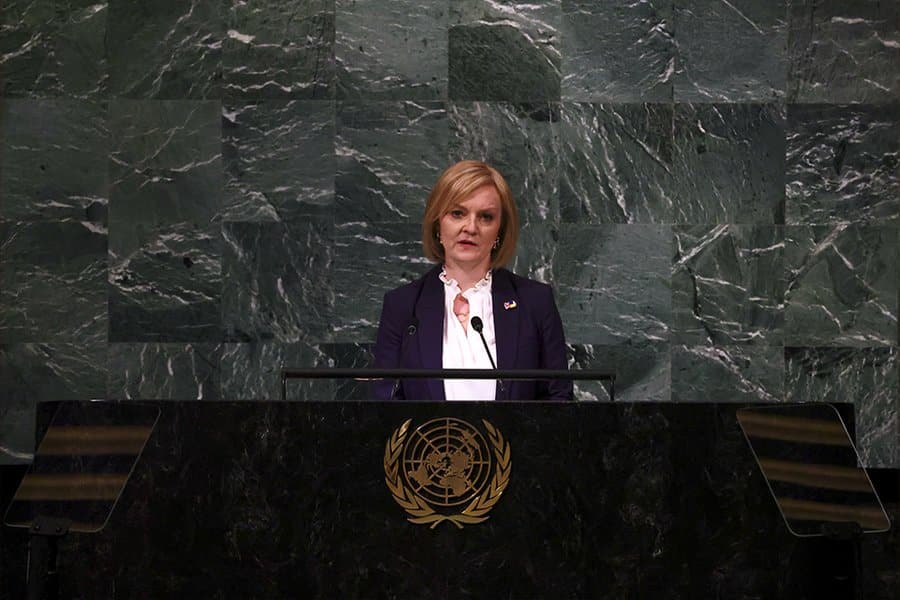While new Prime Minister Liz Truss may not have won the Tory leadership by the expected margin, she ultimately claimed 57.4% of the vote to achieve her objective and also become the de facto political figurehead in the UK.
Ultimately, Truss polled 81,326 votes as opposed to the 60,399 won by Sunak, with a high turnout of 82.6%. However, the vote highlighted a clear and surprising divide in the party, while Truss won considerably fewer votes in the leadership election than Boris Johnson or Theresa May.
Interestingly, the financial markets appear to have reacted badly to Truss’s election, with this impact evident across both forex and stock markets. This has much to do with Truss’s economic policies, but what is the new PM pledging and what will it mean for the economy?
Tax Cuts and Investment – An Outdated Approach to Stimulating Growth?
Much of the criticism revolves around Truss’s penchant for so-called “trickle-down” economics, which have been utilised previously by iconic US Presidents including Herbert Hoover and Ronald Reagan.
This often-criticised economic policy sees businesses and the wealthiest individuals in the country awarded tax breaks, with a view to stimulating growth and boosting the coffers of poorer households and workers.
Truss has copied this playbook to a tee by pledging widespread tax cuts and slashing corporation tax, but this has been met with huge scepticism by the markets, economists and other world leaders.
US President Joe Biden is the latest to take a swipe at such policies, ahead of his meeting with Truss in New York. In fact, Biden said that he was “sick and tired” of the theory behind trickle-down economics, aiming a barb at Truss and the folly of attempting to stimulate growth without providing help to those who need it the most.
Such scepticism is well-founded, particularly as there’s no evidence that trickle-down economics (which has been a focal point of Conservative governments dating back more than 12 years) drives or helps to sustain growth over time.
This because there remain few mechanisms to distribute wealth fairly within the economy, meaning that not enough cash reaches the pockets of those at the bottom of the pile.
Truss’s income tax cuts embody this perfectly, as they’ll benefit middle and high earners in the UK while doing nothing to help the thousands of people who already earn below the minimum threshold and therefore don’t pay any income tax at all.
What About Infrastructure and NHS Spending?
Another issue with Truss’s policies is that they’re incredibly vague, although the PM is expected to provide further clarity in the form of her “mini budget” that’s set to be delivered at the end of the week.
So, even though Truss has pledged to increase NHS funding and invest in infrastructure, these promises mean little without further detail such as the level of investment involved and how this money is going to be raised.
What’s more, the markets have seen successive Tory Prime Ministers pledge to increase NHS spending, only to raise the level in monetary terms without factoring in the impact of annual inflation.
Similarly, infrastructure projects tend to consume huge amounts of public money without necessary delivering a return, with HS2 having incurred a number of failures in the form of delays and budgetary cuts.
Given these points, it’s little wonder that Truss’s policies have so far been met with scorn, and she’ll have to put some serious meat on the bones if things are to change in the near-term.





